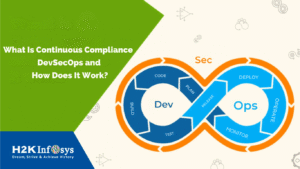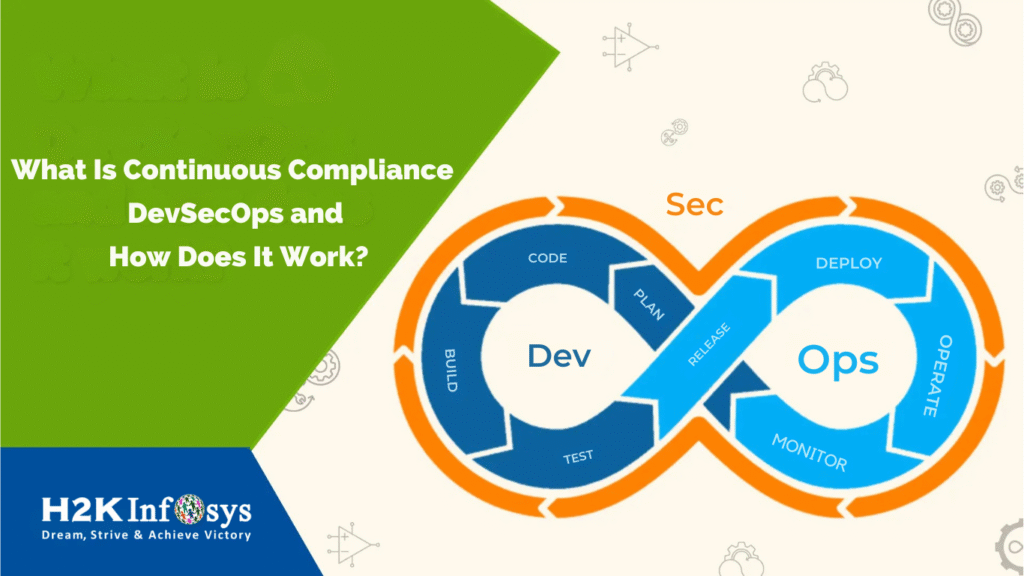As artificial intelligence (AI) continues to revolutionize industries, the role of AI Product Manager has become increasingly critical. This position requires a unique blend of technical expertise, business acumen, and a deep understanding of AI technologies. In this blog, we will explore key interview questions you may encounter when interviewing for an AI Product Manager role and insights on how to answer them effectively. This guide will help you prepare thoroughly and increase your chances of landing your dream job.
Understanding the Role of an AI Product Manager
What Does an Artificial Intelligence Product Manager Do?
An AI Product Manager oversees the development and deployment of AI-powered products. They bridge the gap between technical teams and business stakeholders, ensuring that AI solutions meet business objectives and customer needs. Their responsibilities often include product strategy, project management, data analysis, and collaboration with cross-functional teams.
Key Skills and Competencies
You need a strong understanding of AI and machine learning (ML), product management principles, and excellent communication skills to excel in this role. Additionally, familiarity with data science, user experience (UX) design, and agile methodologies is beneficial.
Common Interview Questions for AI Product Managers
Tell Us About Your Experience with AI and Machine Learning
This question assesses your technical background and experience with AI/ML. Discuss specific projects you have worked on, the technologies used, and the outcomes. Highlight your ability to understand complex technical concepts and translate them into business solutions.
How Do You Define a Successful AI Product?
To answer this, focus on key metrics such as accuracy, scalability, user satisfaction, and return on investment (ROI). Emphasize the importance of aligning the product’s success with the company’s strategic goals and customer needs.
Describe a Time When You Managed a Cross-Functional Team
AI Product Managers often work with engineers, data scientists, designers, and marketers. Share an example where you successfully led a diverse team, highlighting your communication and leadership skills. Discuss how you managed conflicts, ensured smooth collaboration, and achieved project goals.
What Is the Importance of Data in AI Product Management?
Data is the backbone of AI products. Explain the role of data in training machine learning models, making data-driven decisions, and optimizing product performance. Discuss the importance of data quality, data governance, and ethical considerations.
How Do You Prioritize Features in an AI Product Roadmap?
Prioritization is a critical skill for product managers. Describe your approach to prioritizing features, considering factors such as business impact, technical feasibility, user feedback, and market trends. Mention specific frameworks or tools you use, like the MoSCoW method or RICE scoring.
How Do You Handle Ethical Concerns in AI Development?
AI technologies raise various ethical issues, including bias, privacy, and transparency. Discuss your approach to addressing these concerns, such as implementing fairness in machine learning models, ensuring data privacy compliance, and maintaining transparency with users.
What Is Your Approach to User Research for AI Products?
User research helps identify customer pain points and validate product ideas. Explain how you conduct user research, including methods like surveys, interviews, and usability testing. Highlight the importance of understanding user personas and incorporating their feedback into product development.
Can You Explain a Complex AI Concept to a Non-Technical Stakeholder?
Effective communication is crucial for AI Product Managers. Choose a complex AI concept, such as neural networks or natural language processing, and explain it in simple terms. Demonstrate your ability to break down technical jargon and convey the value of AI solutions to non-technical stakeholders.
How Do You Measure the Performance of an AI Product?
Performance metrics vary depending on the product’s purpose. Discuss key metrics like precision, recall, F1 score, user engagement, and revenue impact. Explain how you use these metrics to assess the product’s effectiveness and make data-driven improvements.
Describe a Time When an AI Project Did Not Go as Planned
Failures are part of the learning process. Share a specific example of an AI project that encountered challenges, such as inaccurate predictions or technical limitations. Discuss how you identified the issues, the steps you took to address them, and the lessons learned.
Preparing for Behavioral Interview Questions
About a Time When You Had to Make a Difficult Decision
Behavioral questions assess your problem-solving and decision-making abilities. Provide an example that demonstrates your analytical thinking, ability to weigh pros and cons, and make informed decisions under pressure.
How Do You Stay Updated with the Latest AI Trends and Technologies?
Continuous learning is essential in the rapidly evolving field of AI. Mention resources you use to stay informed, such as industry blogs, conferences, online courses, and professional networks. Highlight your commitment to staying at the forefront of AI advancements.
What Is Your Greatest Strength as an AI Product Manager?
This question allows you to showcase your strengths. Choose a strength relevant to the role, such as technical expertise, strategic vision, or leadership skills. Provide examples of how this strength has contributed to your success in previous roles.
Technical Questions and Case Studies
How Would You Approach Developing an AI Product from Scratch?
Outline the end-to-end process, from ideation and user research to prototyping, testing, and launch. Emphasize the importance of defining clear objectives, understanding user needs, collaborating with technical teams, and iterating based on feedback.
What Are the Key Challenges in Deploying AI Models at Scale?
Scalability is a common challenge in AI deployment. Discuss issues like computational resource requirements, model optimization, latency, and maintaining model accuracy in production environments. Mention strategies for overcoming these challenges, such as model compression and distributed computing.
How Do You Ensure the Reliability and Robustness of AI Models?
AI models must be reliable and robust to perform consistently. Explain your approach to testing and validating models, including techniques like cross-validation, A/B testing, and monitoring. Discuss the importance of retraining models to adapt to changing data and environments.
Conclusion
Landing a job as an AI Product Manager requires a blend of technical knowledge, product management skills, and the ability to navigate complex ethical and practical challenges. By preparing for these key interview questions, you can demonstrate your qualifications and readiness to take on this dynamic role. Remember to showcase your experience, communicate effectively, and highlight your passion for AI and innovation.
In the rapidly growing field of AI, the demand for skilled AI Product Managers continues to rise. Use this guide to prepare thoroughly for your interviews and confidently showcase your expertise. With the right preparation, you’ll be well on your way to landing your dream job in AI product management.



























